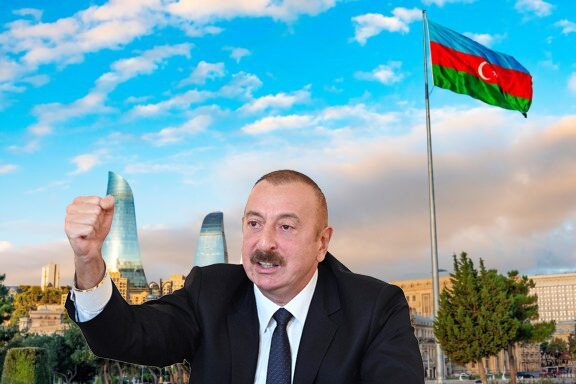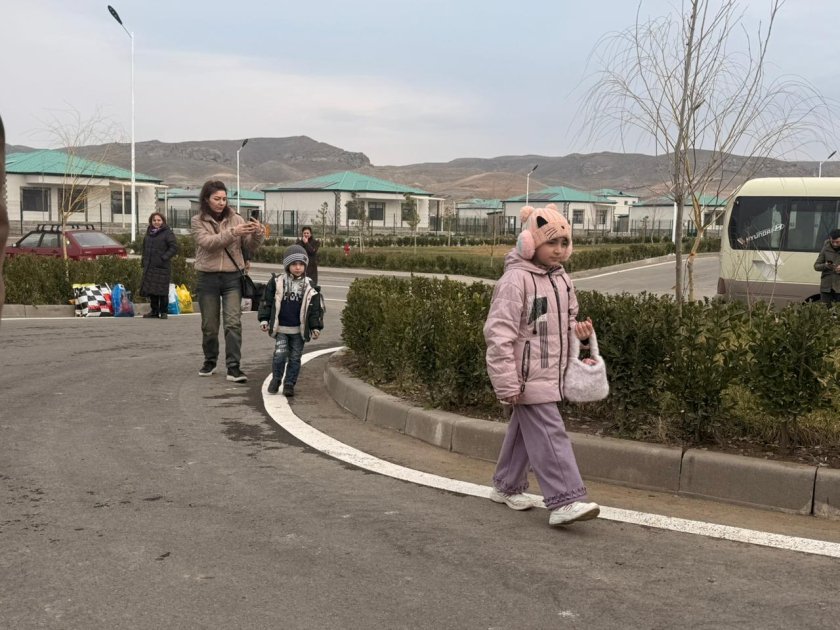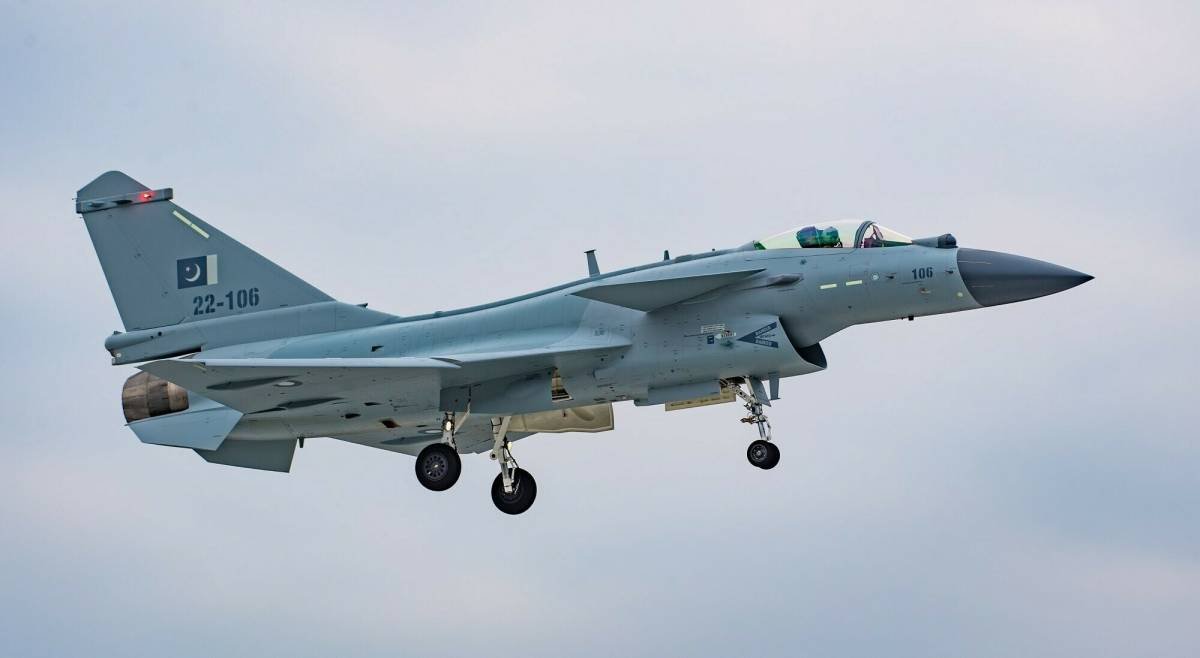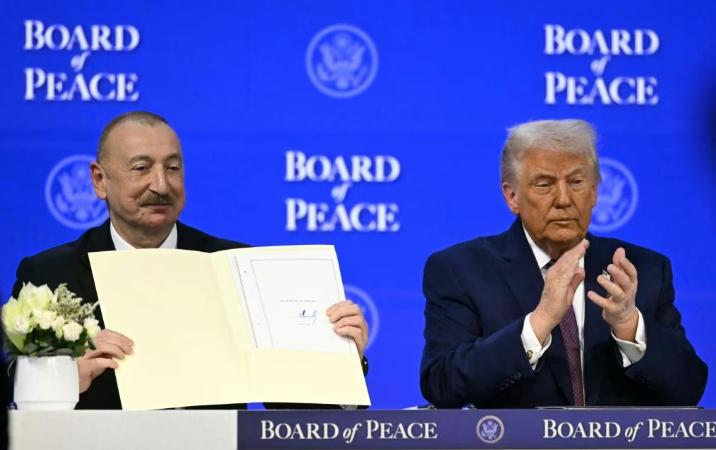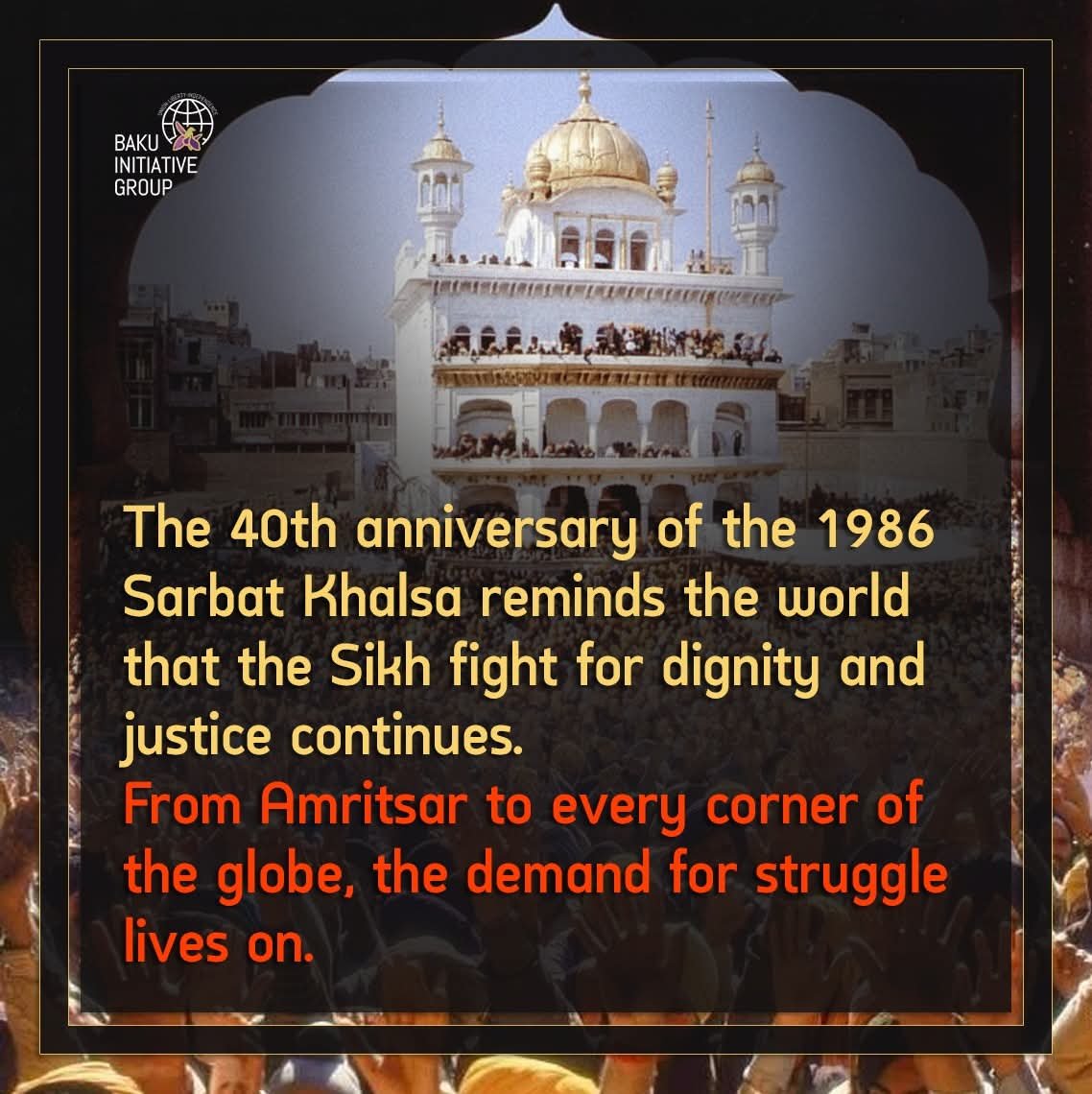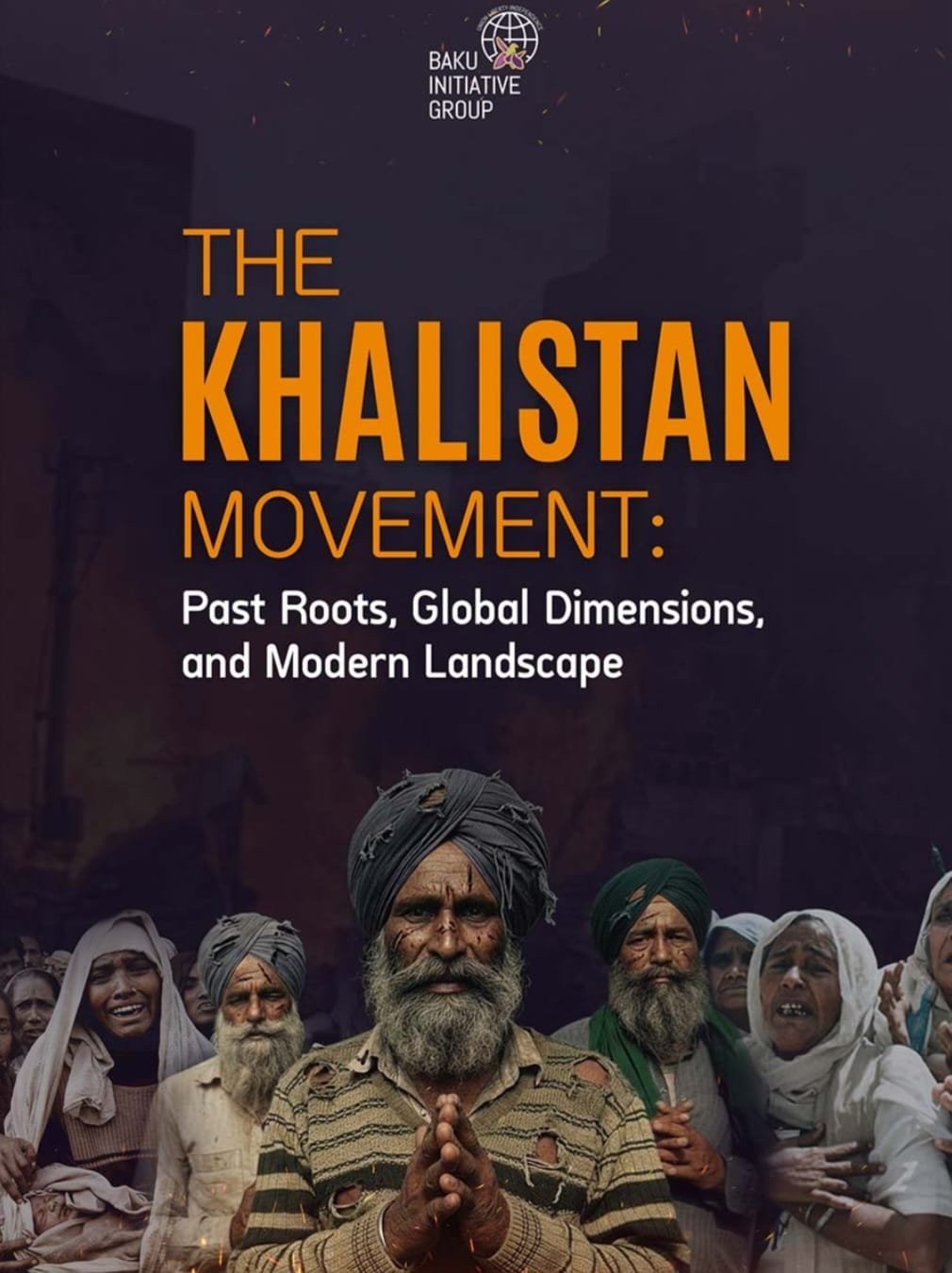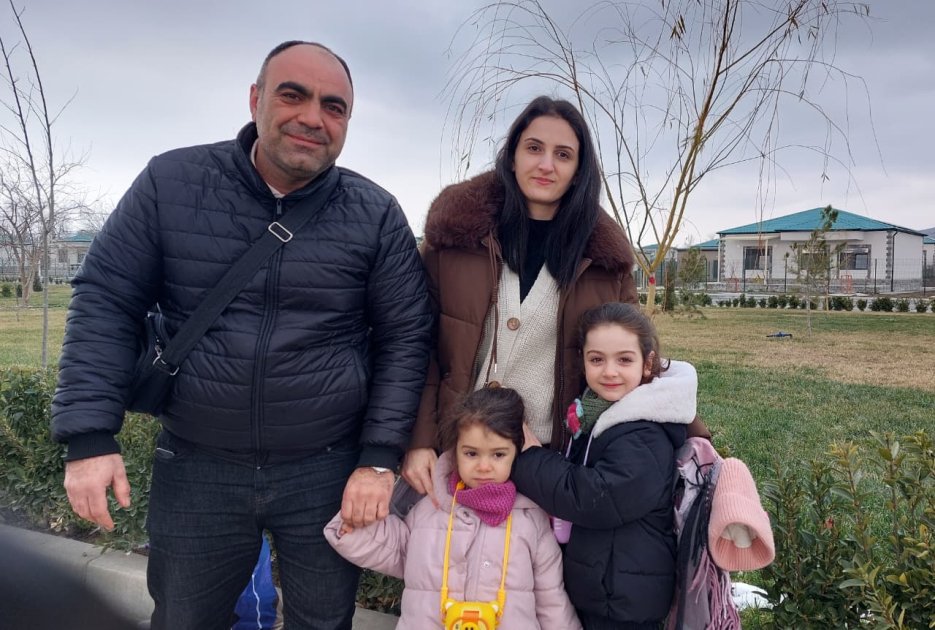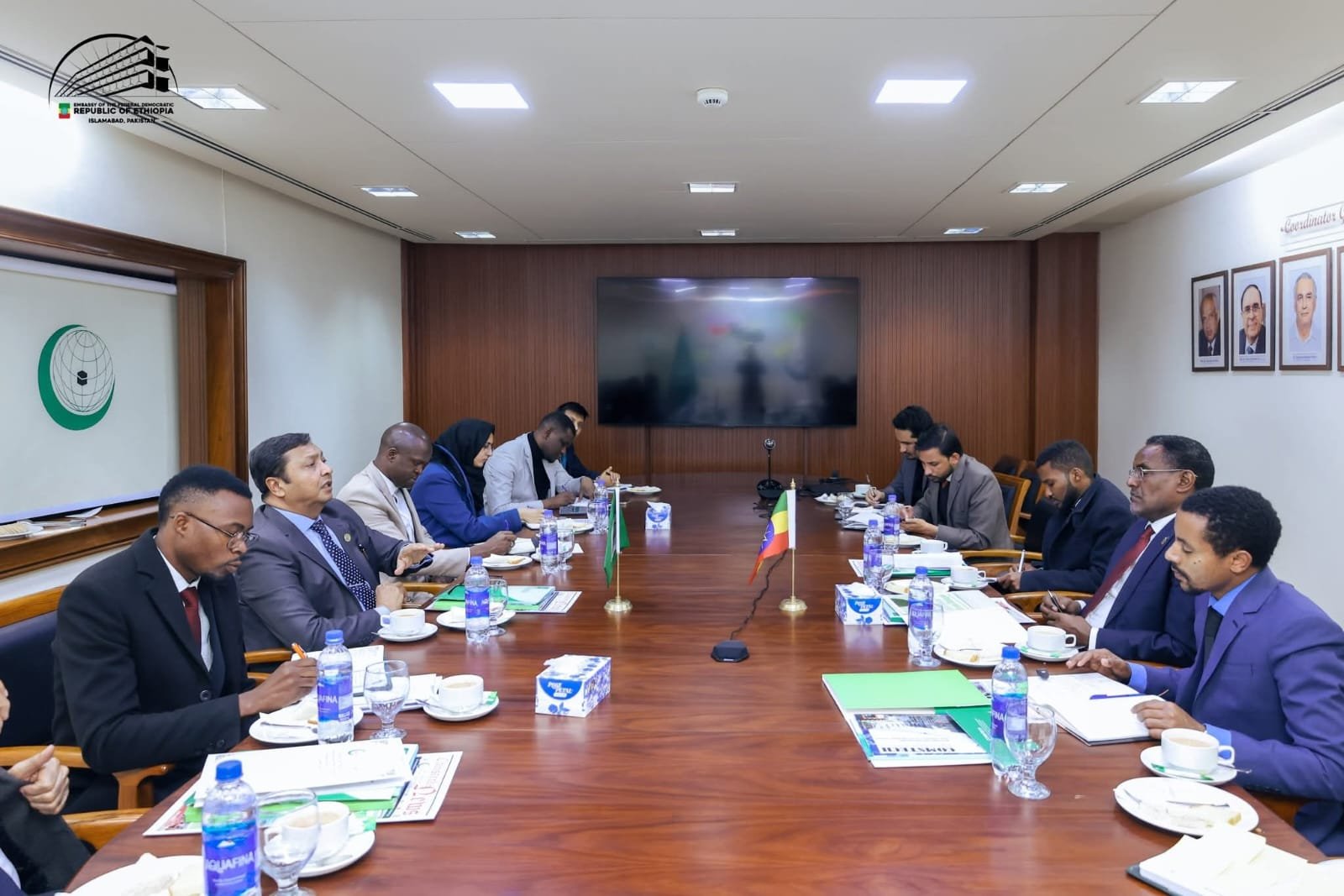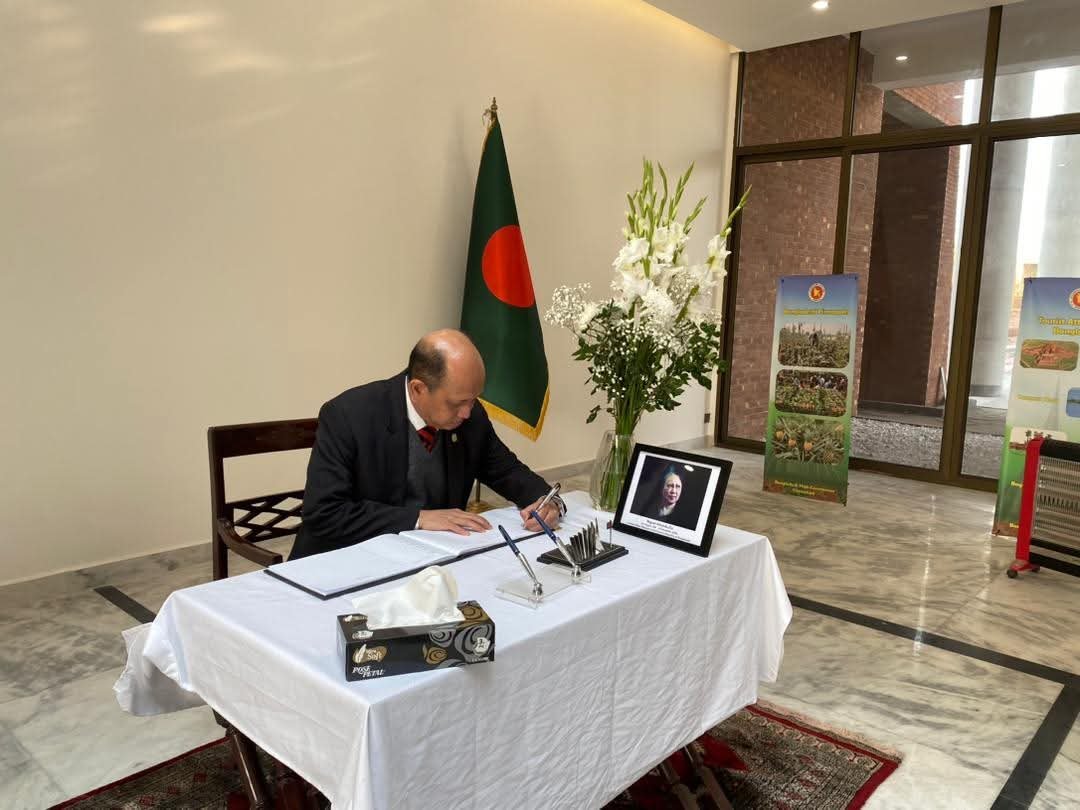Azerbaijan is located at the crossroads of Europe and Asia, and now it is using this position to become one of Eurasia’s most important connectors of trade and energy. For centuries, the country has been part of ancient Silk Road routes linking China to Europe. Today, with the building of new railways, ports, and pipelines, Azerbaijan is bringing that legacy into the 21st century because geography alone is not enough to make a bridge.
Under the leadership of President Ilham Aliyev, Azerbaijan has pursued a vision of turning the nation into a modern logistics and energy hub. The capital city, Baku, is the heart of this transformation. Through strategic investments and balanced diplomacy, Azerbaijan is showing how a relatively small state can have a significant impact on regional cooperation, stability, and growth.
Building the Modern Silk Road
Azerbaijan’s plan of action revolves around the Middle Corridor, which is officially known as the Trans-Caspian International Transport Route (TITR). It connects China with Europe through Central Asia, the Caspian Sea, the South Caucasus, and Turkey. As compared to the longer northern route through Russia, the Middle Corridor is shorter and politically safer, especially after recent global disruptions in trade.
Azerbaijan serves as an important middle link in this corridor. Its modern infrastructure facilitates goods to move easily from Kazakhstan across the Caspian Sea to the Port of Alat, and subsequently by train through Georgia and Turkey to reach Europe. The Baku–Tbilisi–Kars railway, opened in 2017, is one of the most important projects making this possible. According to the Trans-Caspian International Transport Consortium, railroad is capable of carrying over 5 million tons of freight per year, connecting Asia to the markets of Europe in as little as 12 to 15 days which is significantly faster than traditional maritime routes.
The Alat International Sea Trade Port, located about 70 kilometers south of Baku, is another example of Azerbaijan’s vision. Alat Port’s capacity to handle up to 15 million tons of cargo annually, makes it the primary logistics platform of the Caspian region. It functions as a true “multimodal” hub by connecting rail, sea, and road networks. The government plans to develop it into a Special Economic Zone with tax incentives and simplified customs procedures to attract global logistics companies.
Azerbaijan is also collaborating with Kazakhstan, Georgia, and Turkey to modernize customs procedures, standardize tariffs, and improve container shipping routes across the Caspian Sea. All of these are coordinated under the Middle Corridor Association, where Baku plays an active leadership role. Such cooperation ensures that commodities can be transported efficiently across borders without costly delays.
Energy That Connects
In addition to transport, Azerbaijan’s role as an energy connector is also very important. The country’s rich oil and gas reserves, previously considered solely for exports, are now part of a larger regional energy network that promotes mutual development.
The Southern Gas Corridor (SGC) is the best illustration of this. This massive infrastructure chain including the Trans-Anatolian Pipeline (TANAP), Trans-Adriatic Pipeline (TAP), and the South Caucasus Pipeline delivers natural gas from Azerbaijan’s Shah Deniz field in the Caspian Sea to Europe. Since its full operationalisation in 2020, the corridor has delivered more than 10 billion cubic meters of gas per year to EU countries, enhancing Europe’s energy security and diversifying its supply sources.
The European Commission has described Azerbaijan as a “reliable partner” in energy cooperation. EU and Baku signed a Memorandum of Understanding on a Strategic Partnership in the Field of Energy in 2022, aiming to double gas deliveries to the EU by 2027. This deal shows the trust that Azerbaijan has gained through consistent production and delivery.
At the same time, Azerbaijan is preparing itself for the future by investing in renewable energy. It has partnered with Masdar (UAE) and ACWA Power (Saudi Arabia) to build large wind and solar farms. One of the flagship projects, the 240-MW Khizi-Absheron Wind Power Plant, is expected to conserve up to 220 million cubic meters of gas yearly and lower carbon emissions by 400,000 tons per year.
These projects demonstrate that Azerbaijan’s energy policy is not just about exporting fossil fuels; it is about shifting to cleaner energy and sharing technology worldwide. Plans to export “green electricity” from the Caspian region to Europe via a submarine power cable under the Black Sea, which is being developed in collaboration with Georgia, Romania and Hungary, are also in progress.
A Model of Cooperation and Connectivity
Azerbaijan’s policy of regional integration is based on cooperation, not competition. By working closely with its neighbors, especially Kazakhstan, Georgia, and Turkey, Baku promotes a vision of collective prosperity in the Caspian as well as in the South Caucasus.
The Organization of Turkic States (OTS) and the Economic Cooperation Organization (ECO) are two platforms where Azerbaijan actively promotes projects on transport, digital transformation, and trade. Other than that, Azerbaijan’s balanced foreign policy allows it to work with many partners at once including the European Union, China, and the Gulf countries. It is a part of China’s Belt and Road Initiative (BRI), which is complementary to its own regional transport scheme. This flexible diplomacy has helped Baku to attract investment from various sources while maintaining stability and independence.
To enhance its image, the country also uses soft power. Hosting international events, for instance, the Formula 1 Grand Prix and the Baku Energy Week, demonstrates Azerbaijan’s flexibility and confidence on the global stage. The events make Baku the center of attention as an international hub for business, technology, and sustainability.
Azerbaijan has shown remarkable transformation over the past two decades. What was once an oil-driven economy is now becoming a multifaceted hub of logistics, renewable energy, and digital trade. Baku is laying the groundwork for long-term regional integration by investing in both hard and soft infrastructure, such as ports and pipelines, as well as digital networks and international partnerships.

Executive Director, Pakistan Research Center for a Community with Shared Future (PRCCSF).
